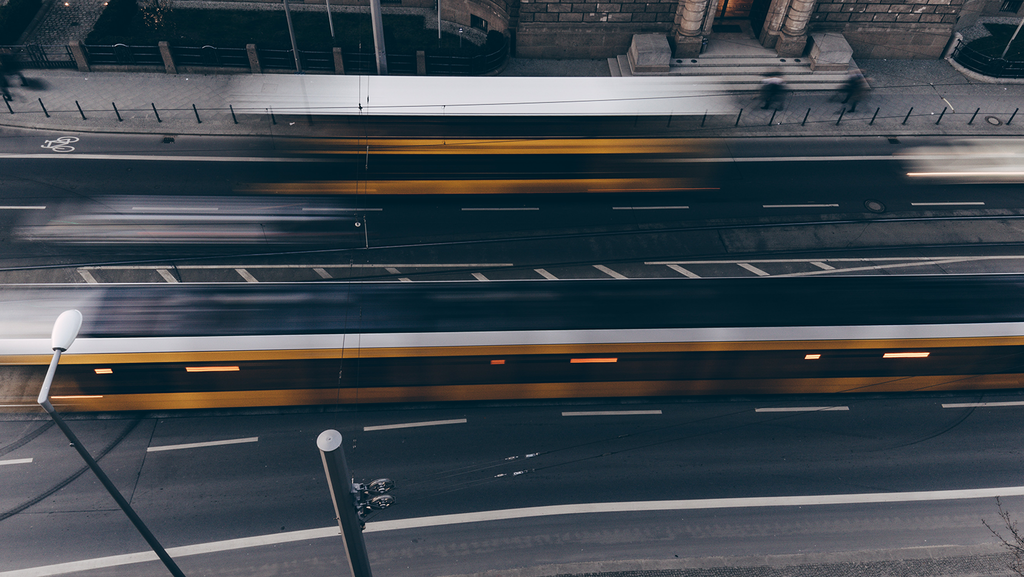How the city's need for capillary transport networks can be met with the help of innovative modes of transport
The project is a feasibility study on how cities can plan, and build, to meet future needs regarding deliveries to homes and businesses. This includes issues regarding the creation of a nice urban environment, while securing people's needs for deliveries and waste management.

A major challenge in sustainable urban development is to create a pleasant urban environment for people while also ensuring that there are safe systems for waste management and deliveries of goods and goods. Transports are required for the daily life of the inhabitants and for the activities of the companies, but they also take up space in the street space. They affect road safety, increase emissions and cause noise in the urban environment.
The problem linked to the city's transport needs is not new, several studies have been carried out since e-commerce began to gain momentum. Since then, the climate goals have been clarified and the discussion about the use of the street space has intensified, while e-commerce and home deliveries have further increased throughout the pandemic. To address the challenges surrounding these transports, a number of solutions are highlighted, such as hubs, drones, and delivery robots, electric cargo bikes, boxes (all with different advantages/disadvantages). However, there are risks that these will be introduced without investigating the impact on the city.
The feasibility study applies a holistic perspective based on the city setting the requirements and the transport system as an enabler for a diversified urban environment with different types of businesses and residents. The aim of the project is to investigate whether, and how, various innovative solutions can help cities meet the challenges while achieving the ambitious climate goals. The project, therefore, covers all types of goods and flows (eg materials to/from businesses, waste, groceries, packages, mail, ready-made food, returns) for new districts based on needs and conditions.
Time period
Oktober 2021 - Juni 2022
Contact
Mattias Esbjörnsson, RISE
mattias.esbjornsson@ri.se
Partners
RISE, Västerås Stad - Mälarporten, Umeå kommun - Tomtebo strand
Vinnova number
2021-03964


